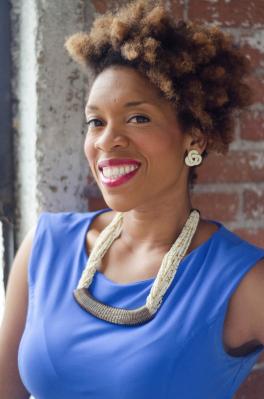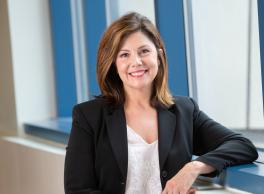Speaker Melissa Crum

Dr. Melissa Crum is an artist, author, researcher, and founder of Mosaic Education Network, LLC. She leads a consulting company that infuses the arts, research, storytelling and critical thinking into professional development, community building and curriculum development. Dr. Crum works with her team of experts to act as engaging and collaborative resources for schools, nonprofits, and companies. With her team, she facilitates and encourages thought-provoking conversations addressing difficult topics on supporting, interacting and partnering with diverse communities. She works hard to help you become informed of and feel secure about using everyday practical applications of diversity and inclusion strategies to positively impact your environment. To make this happen she creates a “brave space” where you can ask the tough questions, admit faults and celebrate successes. Her experiences working with educators, museums, nonprofits and businesses has equipped her to help you make social change—from your desk to your living room and beyond.
Dr. Crum will present "Top 5 Questions Every ARTrepreneur Should Answer." The current career path for successful artists is nebulous at best. Institutions of higher education seeking to support their art students are challenged with explaining that the art world is not a meritocracy while reinforcing that same system in the class through individual projects, grades, and juried exhibitions. One goal is to de-mystify the belief that creative works are a soul-bearing cathartic process that can’t be commodified. Such a mindset renders art students ineffectual in an industry that needs them to be able to understand their worth. In what follows is a personal story of challenges that shaped entrepreneurship for me as an art educator and how merging multiple disciplines was critical to my success.
Speaker Vittoria Daiello

Vittoria Daiello, Ph.D., is Associate Professor and Director of the Art Education M.A. Program, Creativity in Education, in the College of Design, Architecture, Art, and Planning (DAAP) at the University of Cincinnati. Following her dissertation study of television criticism writing at OSU (2011), Vittoria developed a trans-disciplinary writing course at DAAP focusing on arts-based, experimental writing. Employing writing as an artistic-analytic tool for thinking and composing collaboratively across disciplines and cultures, Vittoria contributes art education pedagogical perspectives to an international research team in Jiangnan University’s School of Design in Wuxi, China. In the Experience Design Frontier Methodology and Technology Research Center (Project 111, China), she partners with design faculty to explore how research writing can be better taught and achieve greater societal impact through artistic inquiry methods. A Trans-disciplinary Research Leadership Scholar (UC, 2019-2020), Vittoria has received the 2019 DAAP Professor of the Year Award, OSU’s 2016 Marantz Distinguished Alumni Award, and the 2011 DAAP Award for Outstanding Teaching. Her work is featured in national and international publications, exhibitions, and in art education and design conference proceedings.
Dr. Daiello's presentation is titled "Composing Possibilities in Art Education and Beyond: Shaping Sense through Arts-Based Writing." Exploring writing development instruction in higher education as a distinctive art education endeavor, this presentation addresses the following question: How does arts-based writing instruction, shaped through art education pedagogies, facilitate development of the creative, analytical, and speculative capacities that support trans-disciplinary research inquiries? Sharing examples from a current project, Accumulation of Uncertainties, Daiello explains how theoretical concepts from her dissertation research informed the development of her arts-based writing course, leading to the pedagogical insights shaping her recent trans-disciplinary initiatives. In illuminating some of the unique ways in which arts-based writing methods could inform speculative inquiry processes, reflective practices, and inclusive dialogues, Daiello offers possibilities for expanding and diversifying how we understand and articulate worlds together.
